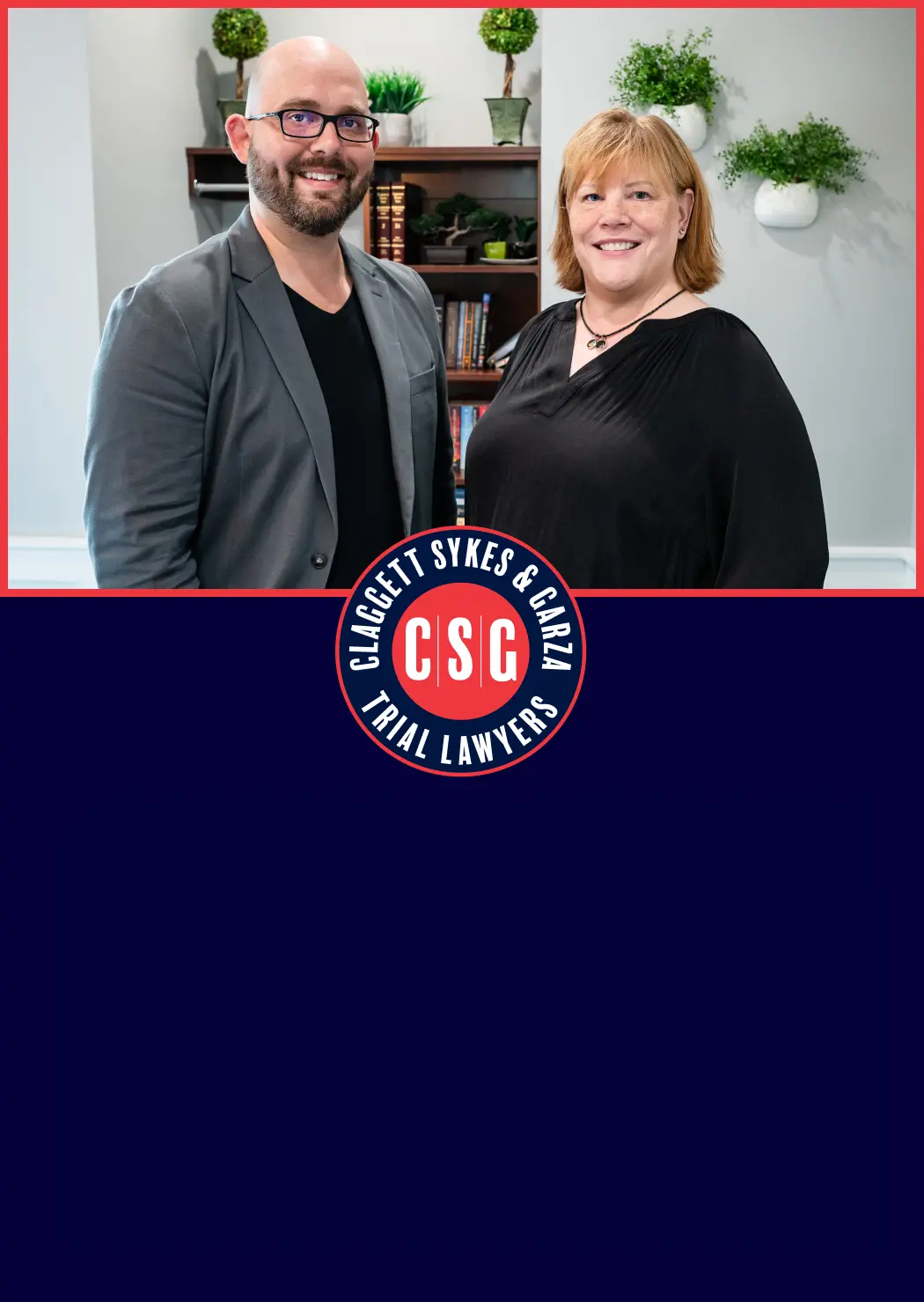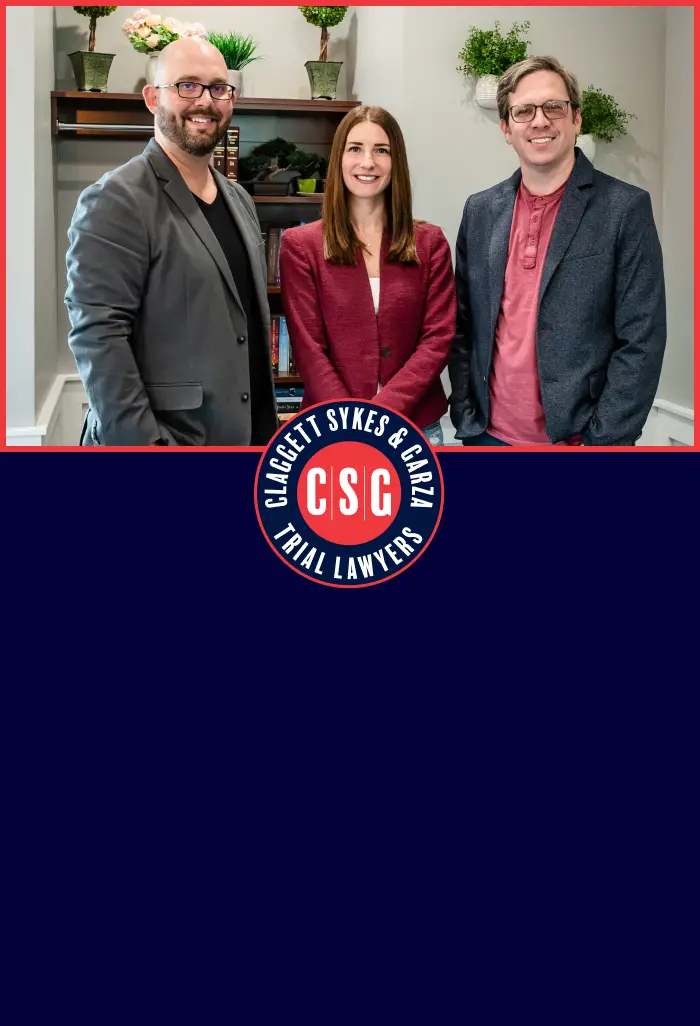
Yes, you can sue a hospital for misdiagnosis in Connecticut as long as the error resulted from negligence and caused harm. The misdiagnosis must have occurred as a result of the hospital, its doctors, physicians, nurses, or its staff breaching the accepted standard of care.
If a hospital fails to diagnose a medical condition properly, decides on the wrong diagnosis, or misdiagnoses your condition and you endure harm as a result of the institution’s failure or decisions, you may have grounds to file a claim thanks to Connecticut’s medical malpractice laws. But you don’t have to go through the legal process alone.
Instead, reach out to a Farmington medical malpractice lawyer who can take on your case and explore your options. With an attorney by your side, you can trust that you have legal advocacy every step of the way.
What Constitutes Misdiagnosis in a Hospital Setting?
A misdiagnosis occurs when a healthcare professional either incorrectly identifies a condition, delays the process of identifying it, treats the wrong diagnosis, or fails to identify it whatsoever.
In a hospital setting, misdiagnoses can be caused by anyone on the team of healthcare providers, including ER doctors, specialists, nurses, radiologists, and pathology and lab personnel. Hospitals can be held liable when systemic failures, procedural lapses, or negligent staff behavior contribute to an incorrect diagnosis.
While your Farmington medical malpractice attorney will look into the specifics of the circumstances that caused the misdiagnosis in your case, these are common types of hospital misdiagnoses:
- Failure to diagnose
- Delayed diagnosis
- Incorrect diagnosis
- Missed complications
- Ignored incidental radiology and test results
- Lab and radiology errors
Hospital misdiagnoses are often linked to larger issues within the healthcare institution. Let’s take a look at a handful of circumstances that can result in a misdiagnosis:
- Inadequate staffing or supervision
- Miscommunication across departments
- Faulty diagnostic protocols or technology errors
- Failure to act in response to abnormal test results
- Failure to perform diagnostic tests, radiology, and procedures
- Emergency departments with overextended staff
- Waiting too long to perform necessary tests and radiology
- Failure to recognize signs and symptoms of a condition or disease
- Ignoring hospital policies and protocols
In Connecticut, establishing liability for these institutional failures will require your Farmington personal injury lawyer to abide by certain legal requirements.
However, that’s the beauty of retaining a personal injury attorney in Farmington—your lawyer will handle all legal matters on your behalf.

Get the Compensation You Deserve. Our Experienced Lawyers Can Help.
Elements Required to Sue a Hospital for Misdiagnosis in Connecticut
To file a successful claim for hospital misdiagnosis, Connecticut law requires your Farmington medical malpractice attorneys to establish the elements of medical malpractice on your behalf.
Here’s what they include:
- Duty of care: The hospital had a legal obligation to provide care to the patient.
- Breach of duty: The hospital failed to meet and uphold the aforementioned accepted standard of care.
- Causation: The breach of said duty of care caused direct harm to the patient by resulting in the misdiagnosis.
- Damages: The patient suffered physical, emotional, or financial harm—if not all three or a combination of the three—as a result of the misdiagnosis.
Each of these elements must be substantiated and backed by evidence. This may include medical records, professional opinions, and documentation of the patient’s treatment history, among other details:
- Diagnostic test results and imaging reports
- Progress notes and clinical summaries
- Internal hospital protocols and policies
- Witness statements from medical staff members
- Witness evaluations of the standard of care
- Autopsy reports
Connecticut’s Medical Malpractice Statute of Limitations
According to Connecticut General Statutes § 52-584, there is a statute of limitations in place for misdiagnosis cases. In other words, victims of a misdiagnosis must file a claim within a certain time if they wish to pursue compensation in their case.
Here’s what the state laws say about filing a claim of this nature:
- Two years from the date the injury was either sustained or should have reasonably been discovered
- Two years from the date of death, and no later than five years from the date of the negligence
- Three years from the date of the act that resulted in the diagnosis or the date of the omission that caused your injuries, regardless of when you discovered your injuries
This three-year and five-year cap is known as a “statute of repose,” and can limit the timeline of medical malpractice claims even if the patient could not have reasonably known about the misdiagnosis until much later. That said, there are also limited exceptions to these statutes.
For instance, let’s say a healthcare provider decided to engage in a continuous course of treatment that concealed negligence. In a situation like this, the statute might be tolled—or paused—according to something known as the “continuing course of conduct” doctrine.

Let Us Fight for Your Rights and Maximize Your Compensation.
Talk to Our Medical Malpractice Law Firm in Farmington Today to Find Out if You Can Sue a Hospital for a Misdiagnosis
If you or someone close to you has been harmed because a hospital failed to provide you with an accurate and timely diagnosis, the impact can be devastating. While this is a difficult time that might feel like the end of the world, you’re not alone, and you have options.
At Claggett, Sykes & Garza, we are the law firm to reach out to if you find yourself facing injuries and damages that leave you wondering how you’ll ever recover. Not only can you count on us to fight back on your behalf, but we also prepare every case for trial.
We’ve recovered over $1.5 billion in verdicts and settlements for people in situations similar to yours. The results speak for themselves, and we’re here to help. With us, you can trust that we will operate with Big Hearts, Big Data, and Big Justice in mind. Call now for more information.

